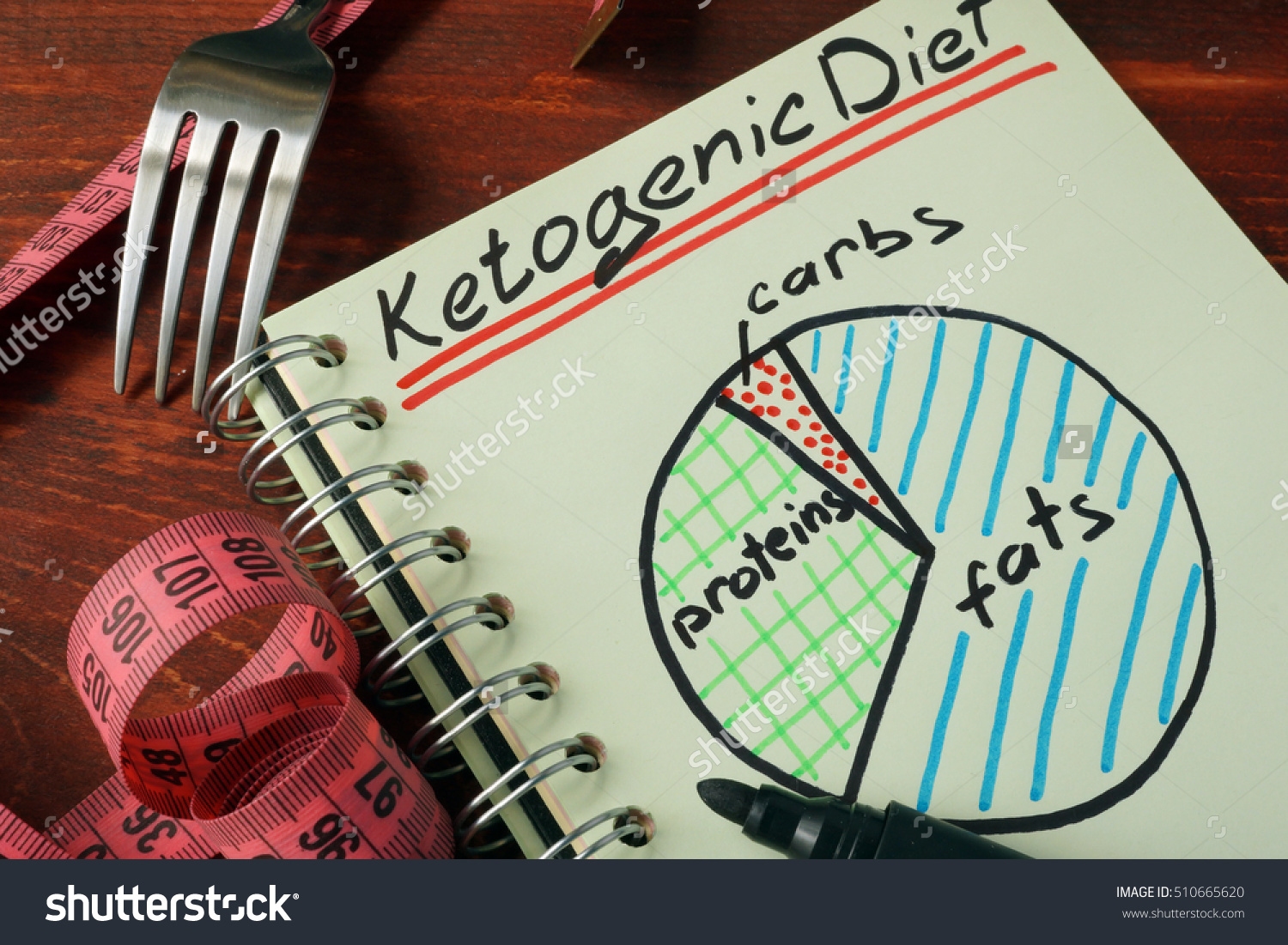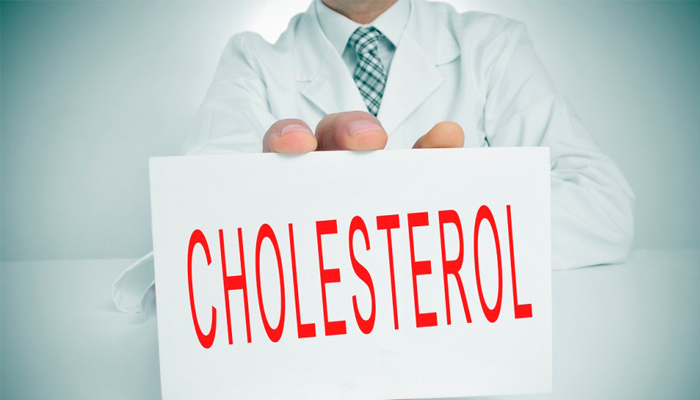IMPORTANCE OF VITAMIN D FOR THE BODY
Vitamin D is an essential, fat-soluble vitamin required by the body for various important functions like the absorption of calcium, development of bones, immune system functioning, and alleviation of inflammation. Vitamin D is more of a prohormone than a vitamin. Lack of Vitamin D can lead to rickets, osteomalacia (demineralisation of bones), osteoporosis (poor bone development) and generally, a weakened immune system, increased cancer risk, and poor hair growth. Excess vitamin D, on the other hand, causes the body to absorb too much calcium, and it gets deposited on tissues leading to increased risk of heart disease and kidney stones.
What are the benefits of Vitamin D?
Some of the benefits have been mentioned earlier in this article, like proper bone development. Vitamin D regulates calcium and maintain phosphorus levels in the blood, these two factors are extremely important for maintaining healthy bones. Vitamin D absorbs calcium in the intestines and to reabsorbs calcium from the kidneys.
- Vitamin D is also critical for preventing risks of flu by reducing inflammation and regulating the immune response.
- As a prohormone, it regulated insulin production, reducing the risk of an individual developing diabetes type 2.
- Vitamin D promotes a healthy respiratory system for children and further reduce the risk of developing respiratory problems like asthma.
- Vitamin D is also critical in maintaining a healthy pregnancy. Poor vitamin D intake can cause gestational diabetes mellitus
What are the symptoms of Vitamin D deficiency?
When it comes to vitamin D deficiency, there are certain signs and symptoms that one needs to look out for before you decide to get a vitamin D level blood test.
- You feel “blue”
Serotonin, the brain hormone associated with mood elevation, is directly linked to levels of vitamin D. Serotonin levels rises with exposure to bright light and falls with decreased sun exposure, therefore a deficiency of vitamin D will affect Serotonin production and thus lead to non-clinically diagnosed depression.
- Your bones ache
Aching bones, combined with fatigue are a clear indicator of vitamin D deficiency.
- Frequent forehead sweating
One of the first, classic signs of vitamin D deficiency was a sweaty head. Excessive sweating in newborns caused by neuromuscular irritability is a common, early symptom of vitamin D deficiency.
- Digestive problems
Vitamin D being a fat-soluble vitamin, its blood levels is dictated by our fat digestion. Therefore digestive tract problems are also a clear symptom of vitamin D deficiency and should warrant a vitamin D blood level test.
Effect of Vitamin D deficiency
Vitamin D has been closely linked to breast cancer. A study done in mice showed that lack of vitamin D contributed to the growth of breast cancer cells in mice. Another common effect of vitamin D deficiency is rickets. Due to the poor bone formation, they soften leading to rickets. Rickets is common in children, however, adults who don’t consume adequate vitamin D are at risk of developing adult-type rickets. Rickets is an irreversible disorder and the improper shaping of the bones becomes permanent.
- In addition, vitamin D deficiency leads to impaired immune functioning. Since inflammatory regulation stops and increased inflammation puts you at a higher risk of developing diseases and allergies.
- Insulin resistance is also a direct effect of vitamin D deficiency. This has the potential of becoming diabetes mellitus if not addressed. The onset of non-clinical depression due to low vitamin D levels is also an effect.
- Due to poor calcium metabolism and absorption, bones become thin and brittle, leading to a condition called osteoporosis. Osteomalacia is also an effect since there will be poor bone mineralization.
- Calcium and phosphorus will be deposited on muscles leading to atrophy and consistent fatigue by blocking the active sodium channels that are responsible for neuron transmission in muscles.
How much Vitamin D do you need?
In November 2010, the Institute of Medicine’s (IOM) expert committee set a new “dietary reference intake” for vitamin D.
- Infants age 0 to 6 months: adequate intake, 400 IU/day; safe upper level of intake, 1,000 IU/day
- Infants age 6 to 12 months: adequate intake, 400 IU/day; safe upper level of intake, 1,500 IU/day
- Age 1-3 years: adequate intake, 600 IU/day; safe upper level of intake, 2,500 IU/day
- Age 4-8 years: adequate intake, 600 IU/day; safe upper level of intake, 3,000 IU/day
- Age 9-70: adequate intake, 600 IU/day; safe upper level of intake, 4,000 IU/day
- Age 71+ years: adequate intake, 800 IU/day; safe upper level of intake, 4,000 IU/day.
However, these values are related to those who get virtually no vitamin D from sunshine but get adequate calcium from the diet and/or supplements. Other experts have recommended a dose of 1,000 IU a day of vitamin D for both infants and adults. In addition, the Vitamin D Council recommends that healthy adults take 2,000 IU of vitamin D daily, more if they are getting little or no exposure to sunlight.
Therefore, due to this debate among scientist, there is the general rule of thumb: If you’ve considered taking more vitamin D than the IOM recommendations, it’s critical that you first check with your doctor or pediatrician.
Which food and other sources contains vitamin D?
Foods rich in vitamin D recommended by nutritionists include:
- Cod Liver Oil
- Mushrooms (exposed to sunlight)
- Oily fish like salmon and trout-rich in Omega-3 fatty acids
- Fish eggs
- Whole grain cereals and brown rice
- Eggs
- Dairy products
- Pork
- Almonds and Soy milk



